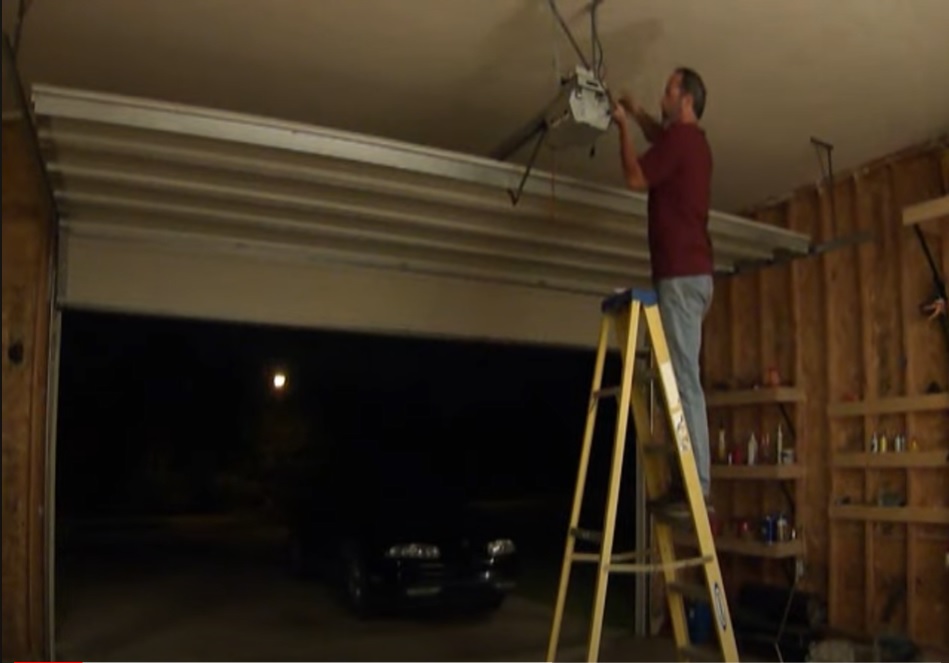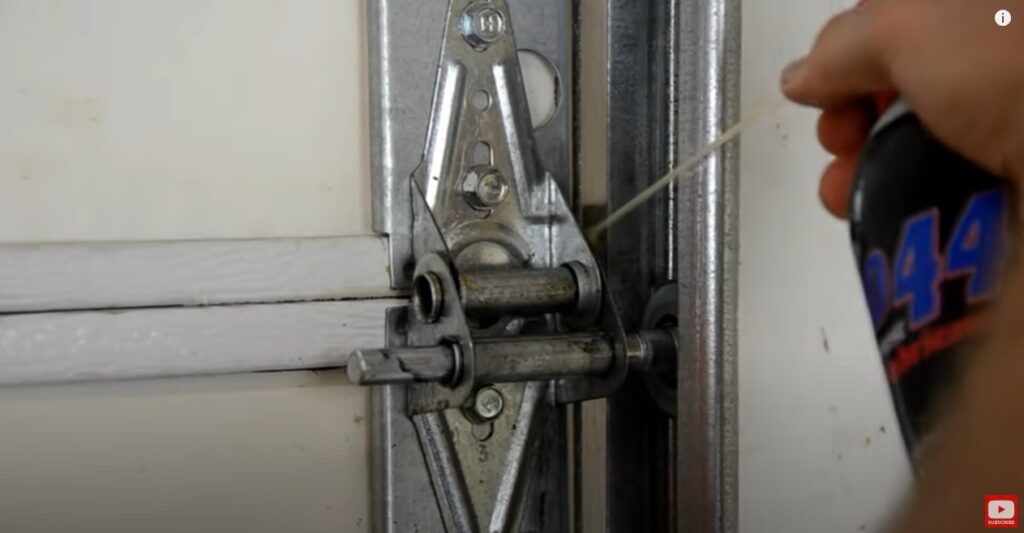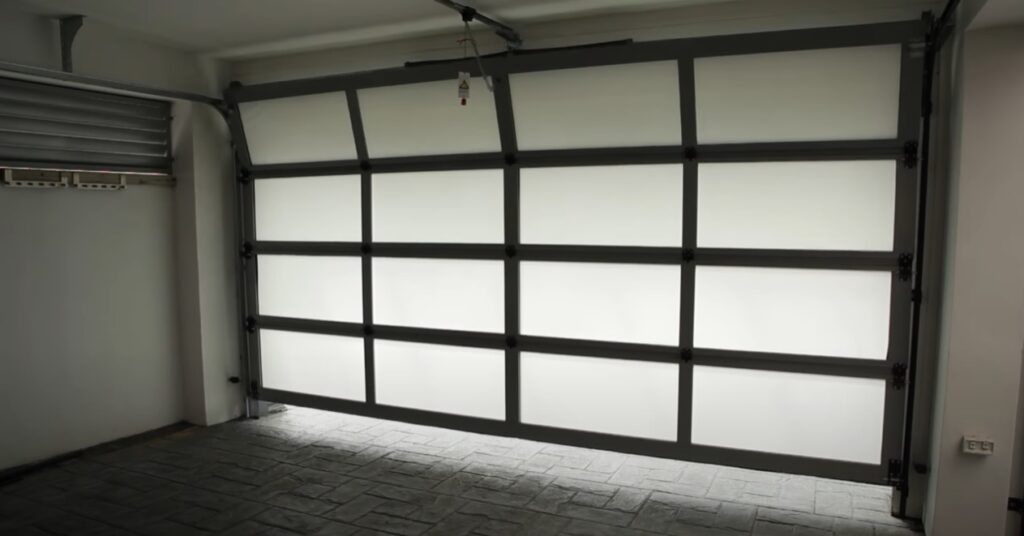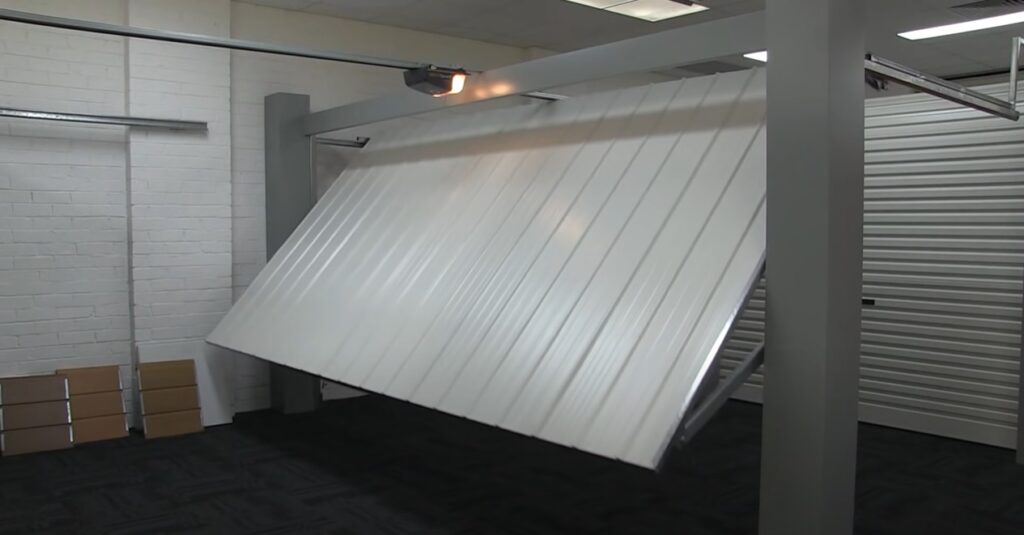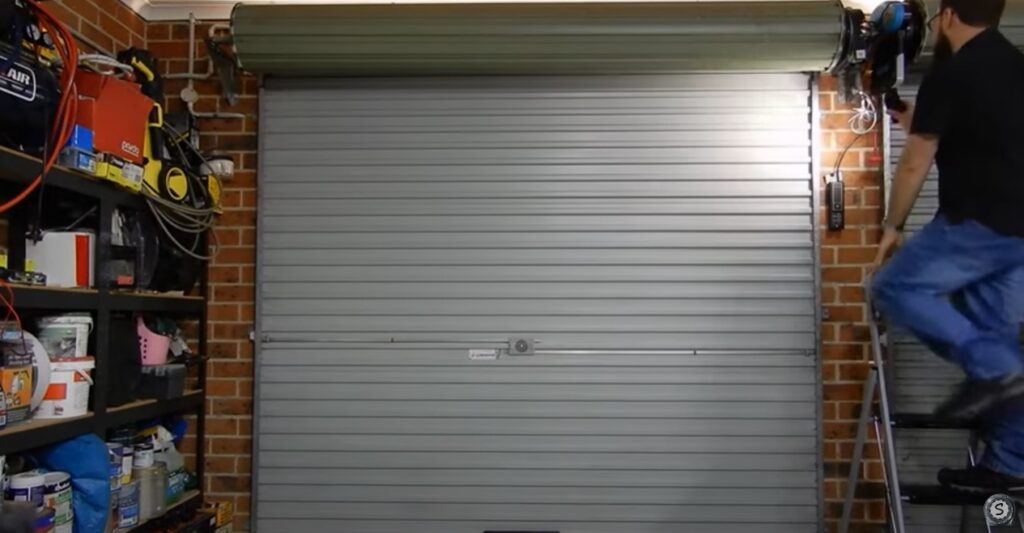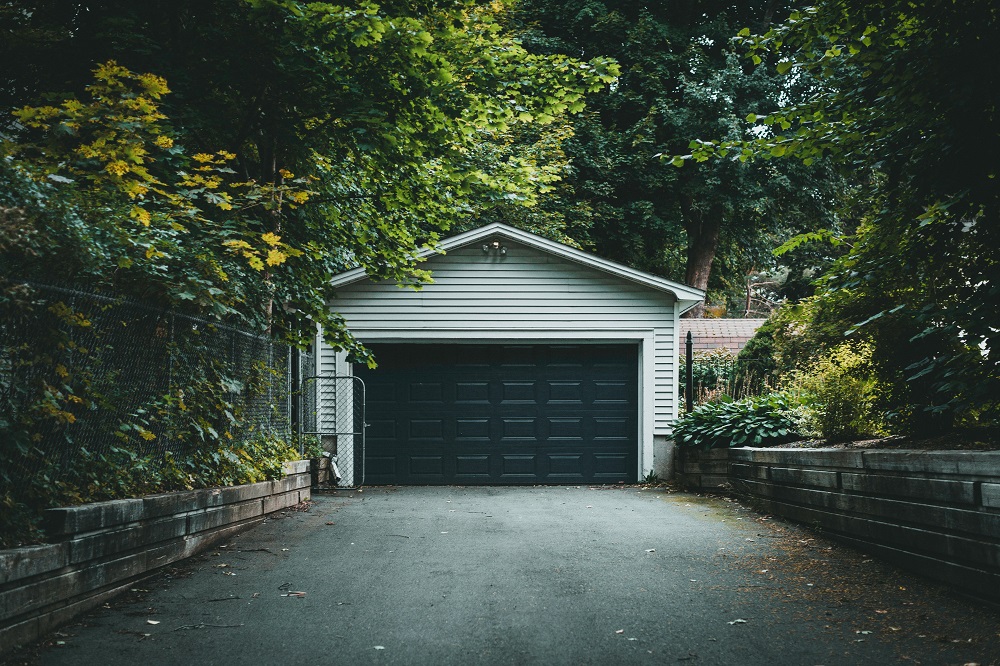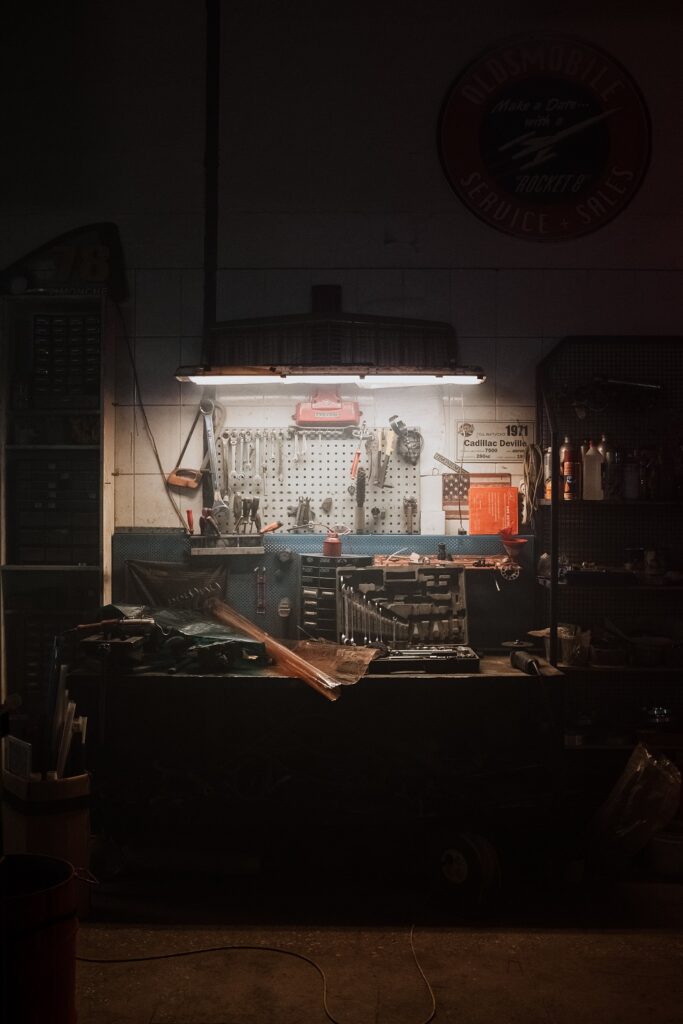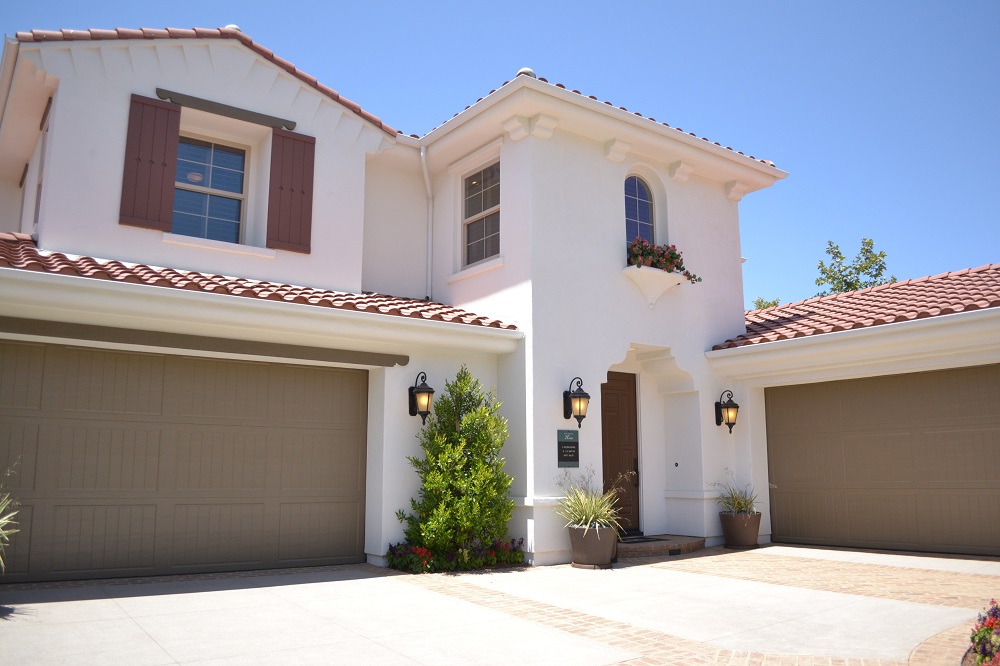Garage doors are heavy and complex pieces of machinery that require a certain level of expertise to repair. While there are some simple maintenance tasks that homeowners can perform themselves, more complex repairs should be left to trained professionals. Here are some reasons why it may not be safe to repair a garage door yourself:
1. Garage doors are heavy.
Garage doors can weigh several hundred pounds, depending on their size and material. If the door is not properly supported, it can cause serious injury or even death. Attempting to repair a garage door without the proper tools and equipment can be dangerous.
2. Garage doors use high tension springs.
Garage doors use high tension springs to lift and lower the door. These springs are under a significant amount of tension and can cause serious injury if they snap or break. Attempting to repair or replace garage door springs without the proper training and tools can be extremely dangerous.
3. Garage door repairs require specialized knowledge.
Garage doors are complex pieces of machinery that require specialized knowledge to repair. Attempting to repair a garage door without the proper knowledge and training can result in further damage to the door, leading to costly repairs in the future.
4. Improper repairs can cause more damage.
If a garage door is not repaired correctly, it can cause more damage to the door and opener system. This can result in additional repairs and costs, and may even require the entire system to be replaced.
5. Garage doors can be difficult to diagnose.
Sometimes the problem with a garage door is not immediately obvious. A trained professional will have the experience and knowledge to diagnose the problem and make the necessary repairs, whereas a homeowner may spend hours trying to figure out the problem with no success.
6. Lack of safety features.
Garage doors come equipped with a variety of safety features designed to prevent injury or damage. These include auto-reverse sensors and safety cables. Attempting to repair a garage door without the proper knowledge or tools can result in disabling these safety features, putting you and your family at risk.
Attempting to repair a garage door yourself can be dangerous and potentially result in serious injury or even death. It is important to leave more complex repairs to trained professionals who have the knowledge, tools, and experience to perform the repair safely and effectively. Homeowners can perform simple maintenance tasks, such as lubricating the door, cleaning the tracks, and testing safety features, but for anything beyond that, it is best to contact a professional garage door repair technician. They can diagnose the problem, provide an estimate for repairs, and perform the repair safely and efficiently. By leaving garage door repairs to the professionals, you can ensure that your garage door is in good working condition and that your family and property are protected from harm.

